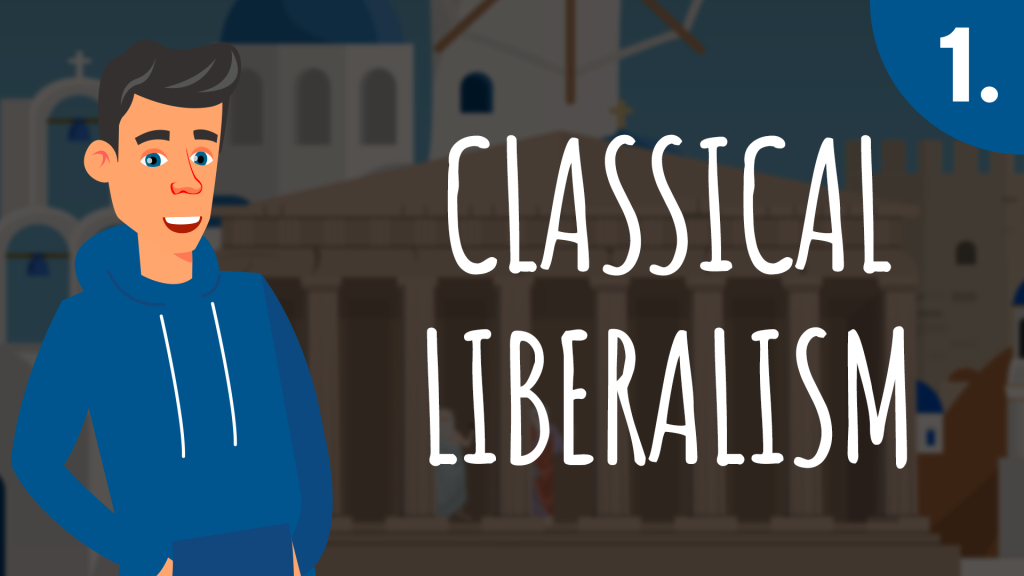Karl fights for socialism, Che holds a red flag and he’s saying something about communism, and Adolfo is not ashamed and even supports fascism. There are “Isms” everywhere. However, one of them is quite nice – as it deals with personal freedom.
The Alphabet of Classical Liberalism was a successful small book focused on describing the basic principles of classical liberalism. It was first published by the F. A. Hayek Foundation Bratislava, Slovakia in 2001.
Now it comes in the form of animated videos prepared with the support of the Friedrich Naumann Foundation for Freedom.
We introduce Adam (the namesake of the famous Adam Smith), a classical liberal and his worldview dealing with many of current problems.
Adam explains what classical liberalism means and why classical liberalism is the correct path to solve also present societal problems.
Hi, I’m Adam, and today I’d like to tell you why I’m a classical liberal and why that’s a “goood thing”, because my friends … freedom … freedom is great in itself.
What does it mean to be a classical liberal? Being a classical liberal basically means that you love freedom and respect other people’s rights.
Classical liberalism is a political philosophy. Do you know what the philosophy is about? Well … It’s about freedom. Just as the name suggests.
Do you know what the word “libertas” means? In Latin, it meant “freedom, liberty or independence.”
Freedom is great. But let’s be honest, it does not mean that everyone can do whatever they want. Freedom is not anarchy. There are other people who also form the society. And they, too want to live freely.
Being a part of society doesn’t mean that we can do what we want. Personal freedom means something else.
Personal freedom is about the acceptance of the limit of ownership. This imaginary boundary determines where exactly the freedom of one person ends and where the freedom of the other person starts. Only then can everyone be free. Quite logical isn’t it?
Classical liberalism is, therefore, also about the protection of property rights. Personal freedom and the protection of ownership must also be fought for.
Classical liberals argue that different paths, opinions, and lifestyles can lead to personal happiness. The aim is not to defend the rich and privileged, as is often suggested by some malevolent critics; it is vice versa. Everyone should be able to fulfill in his or her life their own idea of happiness unless that idea restricts others in some violent way.
Classical liberalism is not a new ideology. Elements of liberal thinking can be found in Greek or Roman philosophy. And do you know where the main foundations of liberalism are probably written? You will not believe it—it is found in the Bible, outlined in the Ten Commandments! Surprised? There is no reason to be.
Classical liberals simply argue that everyone should respect the life, personal integrity, property, and freedom of others.
The protection of these basic building blocks of life in a free society should be guarded by a bounded government and a minimum state, which should serve the citizens and not the other way round.
That would be all on this subject. Next time we’ll talk about how to stop that monster. Which monster do you ask? Well … it’s bureaucracy. See you again. Bye!
Continue exploring:
Opposition Conservatives, Liberals Edge Toward Win in Lithuania’s General Election



